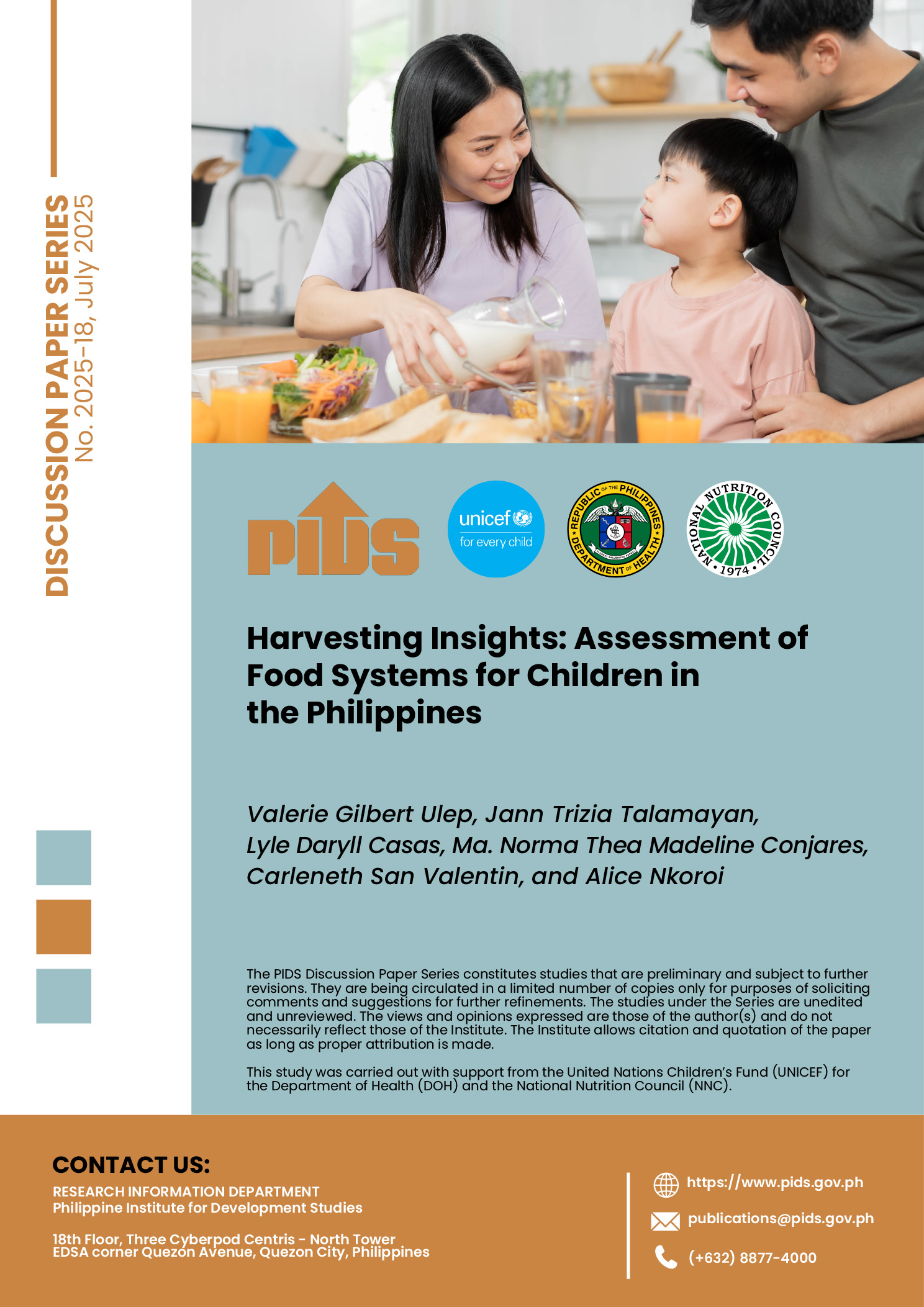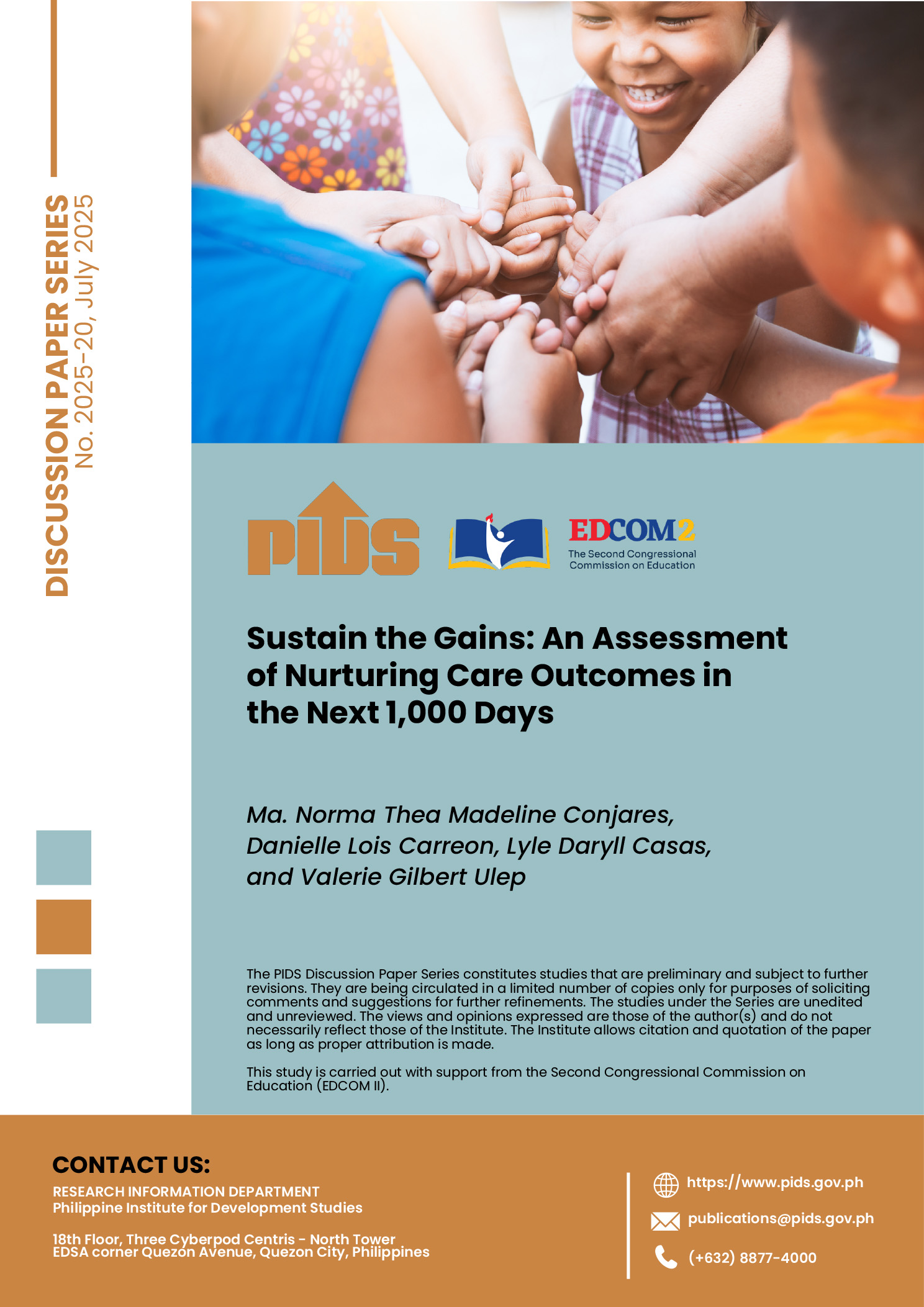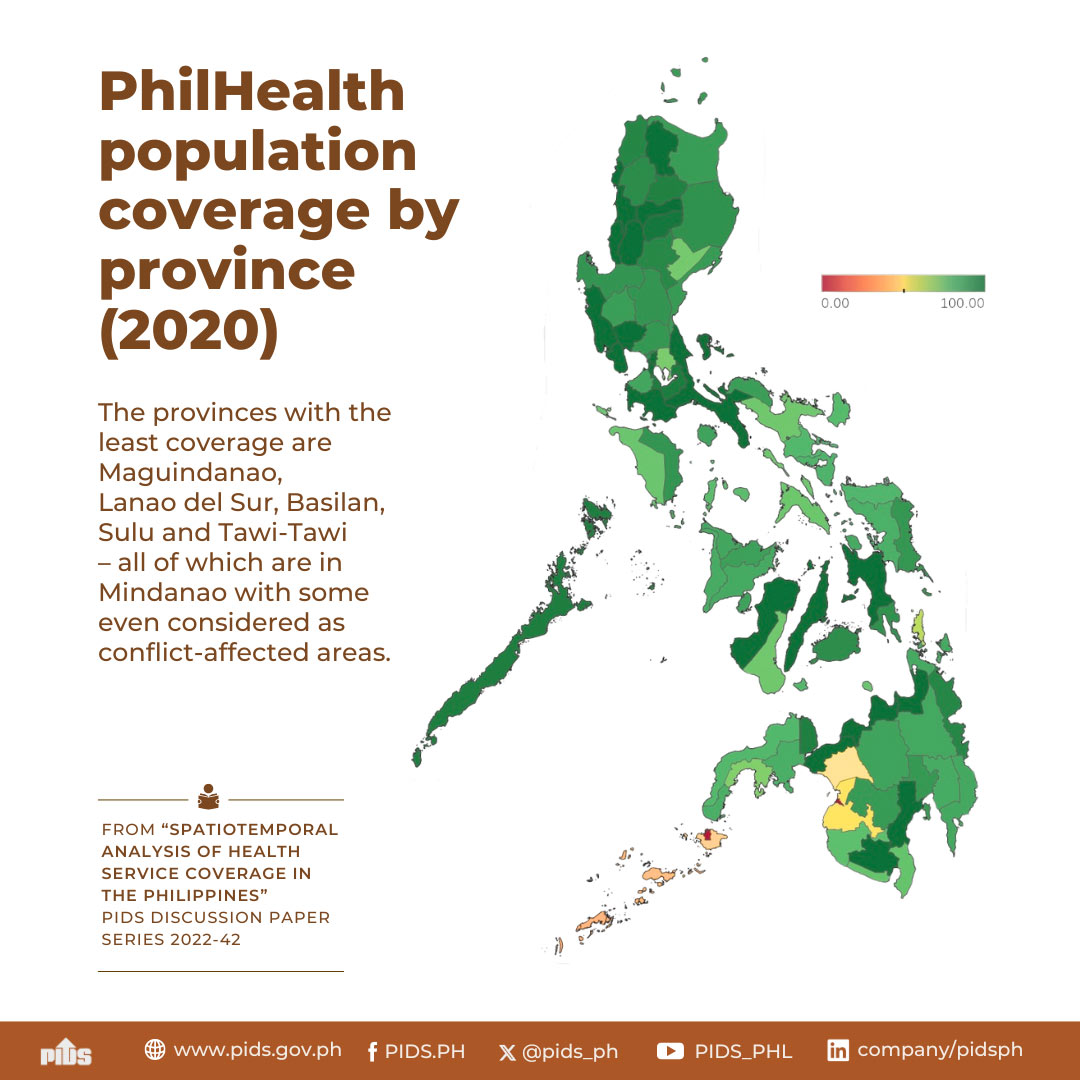Government think tank, the Philippine Institute for Development Studies (PIDS), has launched the Health Economics and Finance Program (HEFP) in a bid to strengthen the country’s healthcare system.
The HEFP, which was greenlighted by the PIDS Board of Trustees, aims to conduct cutting-edge, data-driven policy research to assist the Department of Health and the Philippine Health Insurance Corp. (PhilHealth) in effectively implementing the Universal Health Care Act (UHC).
Based on the mandates of Republic Act 11975 in 2023, the HEFP will focus on studying reimbursement reforms within PhilHealth.
Dr. Valerie Gilbert Ulep, a senior research fellow at PIDS and program director of the HEFP, underscored the pressing need for such reforms.
“Half of the country’s health expenses are paid out-of-pocket, pushing many Filipinos into poverty and financial catastrophe,” he stated. “Even [more concerning is that], due to limited financial resources, many individuals are forced to forgo essential healthcare services altogether.”
He said this alarming reality highlights the urgent need to address gaps in financial protection and healthcare accessibility.
Further, Ulep maintained that these challenges stem from PhilHealth’s current limitations in covering the actual costs of care and implementing provider incentive structures that prioritize patient benefits.
“This new program at PIDS will tackle these issues head-on by focusing on healthcare costing and other economic studies to support PhilHealth in addressing challenges in the current reimbursement system. A key priority will be supporting the transition to Diagnosis-Related Groups (DRGs), a payment model mandated under the UHC Act,” he said.
On the other hand, DRGs aim to streamline reimbursements by categorizing patients based on diagnoses, treatments and other factors, which promote greater efficiency and transparency in healthcare financing.
To achieve its goals, the program will leverage PIDS’ long history of providing extensive research expertise in health and public policy.
Moreover, the program will utilize the wealth of granular health and financial data collected over the years from local governments and healthcare facilities.
“This robust data foundation will enable the HEFP to generate evidence-based insights and recommendations, ensuring that PhilHealth’s reforms are both effective and aligned with the broader objectives of the UHC Act,” Ulep said.












